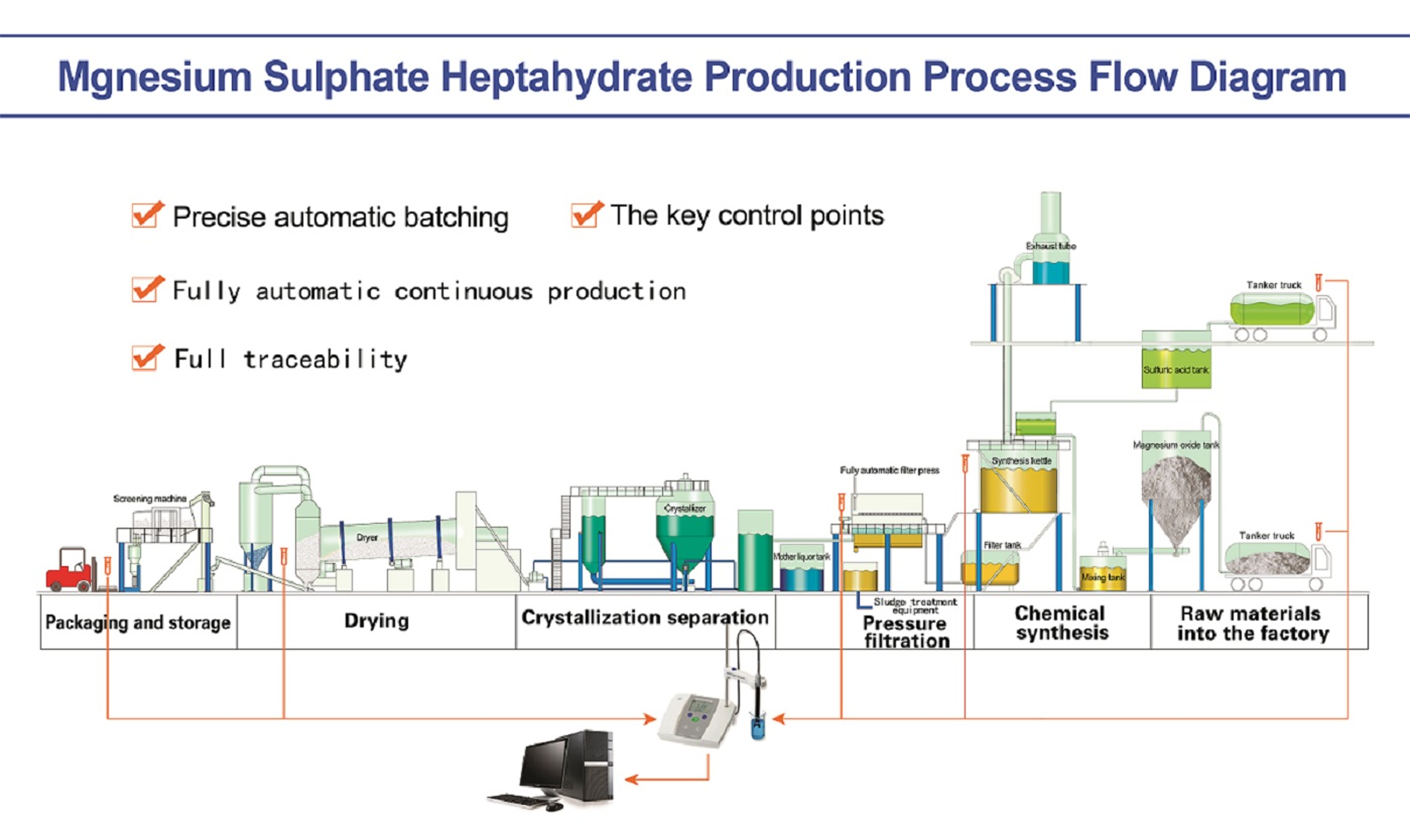Lignin is a complex organic polymer found in the cell walls of plants, particularly in wood and bark. It serves several important functions and has a variety of uses, including:
1. **Biomass Energy**: Lignin is a significant component of lignocellulosic biomass, making it a valuable feedstock for biofuels and bioenergy production. It can be converted into bio-oils or used directly as a solid fuel.
2. **Paper Production**: In the pulp and paper industry, lignin is typically removed to obtain cellulose fibers. However, some processes utilize lignin for the production of paper and cardboard, enhancing certain properties like strength and resistance to moisture.
3. **Adhesives and Binders**: Lignin can be used as a natural adhesive or binder in various applications, such as particleboard, plywood, and composites. Its binding properties can replace synthetic resins, making products more environmentally friendly.
4. **Soil Amendments**: Lignin can improve soil structure and water retention when used as a soil amendment. It can also enhance microbial activity in the soil, promoting plant growth.
5. **Pharmaceuticals and Nutraceuticals**: Research is being conducted on the potential health benefits of lignin, including its antioxidant properties. Lignin-derived compounds may have applications in pharmaceuticals and dietary supplements.
6. **Carbon Fibers**: Lignin is being explored as a precursor for producing carbon fibers, which are lightweight and strong materials used in various industries, including aerospace, automotive, and sports equipment.
7. **Bioplastics**: Lignin can be incorporated into bioplastic formulations, providing a renewable and biodegradable alternative to conventional plastics.
8. **Chemical Production**: Lignin can be broken down into valuable chemicals, such as vanillin, phenols, and other aromatic compounds, which are used in flavorings, fragrances, and other industrial applications.
The diverse applications of lignin highlight its potential as a sustainable resource in various industries, contributing to environmental conservation and reducing reliance on fossil fuels.




 Guarantee safe
Guarantee safe 





